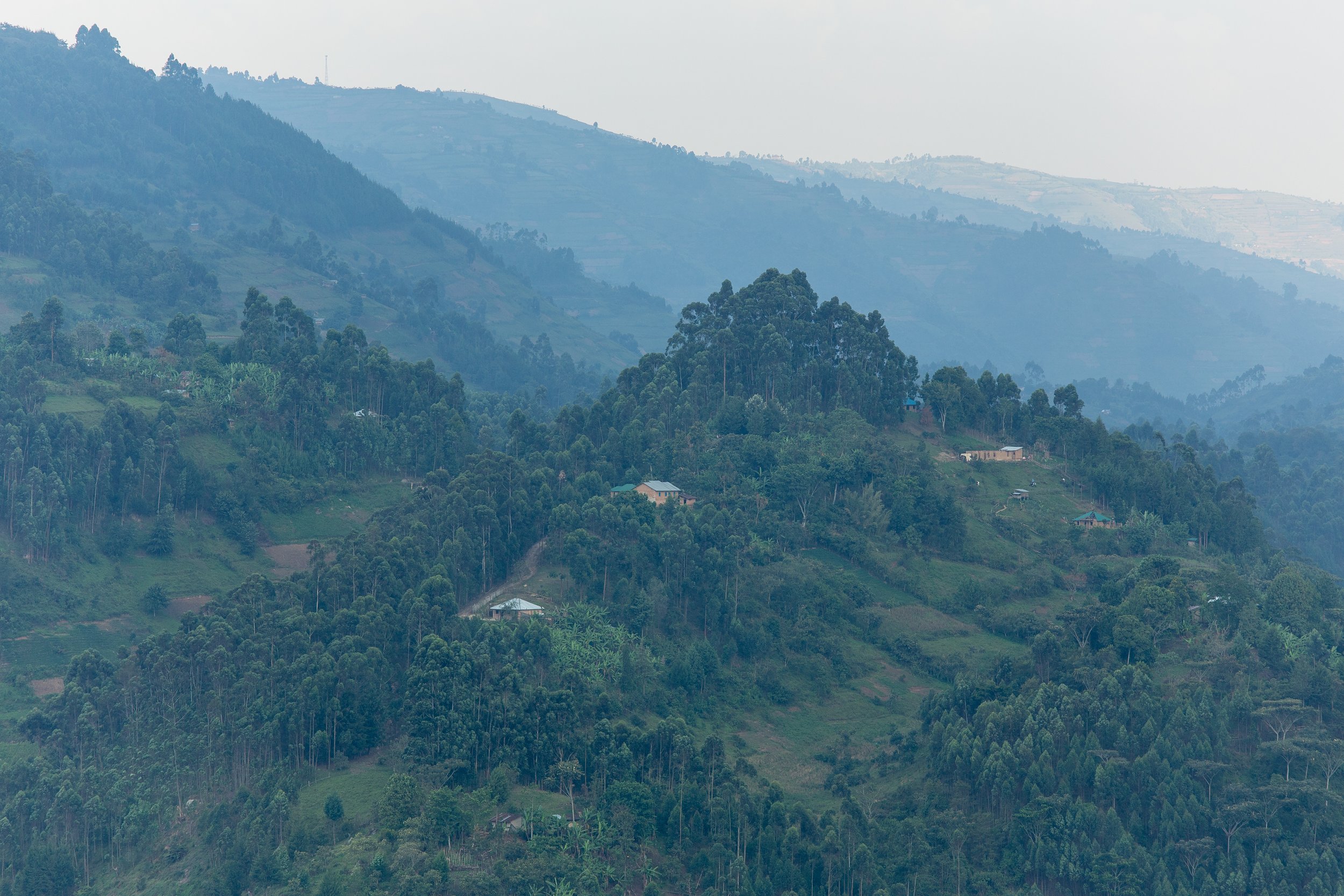
Projects
We are currently carrying out research in six thematic areas.
Human-wildlife coexistence
Since national parks are unfenced in Tanzania, wildlife disperses outside their boundaries seasonally. With support from the Prentice Institute for Global Population and Economy, we are carrying out social-ecological research around the boundaries of Tarangire National Park. Villages adjacent to the park are inhabited by Arusha and Kisongo Maasai agropastoralists who experience the economic consequences of wildlife on their livelihoods. Wild herbivores like elephants have particularly significant impacts on maize farms, and large carnivores like lions and spotted hyenas affect Maasai social life and economy through livestock depredation. The AREA Lab is engaging local pastoralists’ perspectives on the drivers of conflict in an attempt to cultivate equitable strategies for promoting human-wildlife coexistence. In collaboration with carnivore biologists and geographers at the University of Victoria and the College of African Wildlife Management, we are also studying the movement patterns of large carnivores on community land.
Community-based conservation
Community-based conservation (CBC) involves the decentralization of governance institutions and the redistribution of conservation benefits to local people. In collaboration with researchers at McGill University and the University of Toronto, we are comparatively studying a variety of conservancy models across the rangelands of Kenya and Tanzania as part of the “Institutional Canopy of Conservation” project funded by the Social Sciences and Humanities Research Council of Canada. The AREA Lab is currently evaluating the effectiveness of wildlife management areas in the Tarangire Ecosystem, as well as the benefits, drawbacks and complexities of other regional models of CBC including conservation trusts, easements, direct investments, and wildlife corridors.
Rangeland management
In Tanzania, ecological connectivity outside protected areas is imperative for wildlife and livestock herders given uneven distributions of rainfall across space and time. Through longitudinal ethnographic fieldwork, the AREA Lab is documenting the drivers of habitat fragmentation and rangeland enclosure in northern Tanzania. We are also studying pastoralist responses to land alienation in the context of social-ecological resilience theory and institutional change.
Climate change
The effects of anthropogenic climate change at local, regional, and global scales are myriad. In East Africa, climate change has led to decreases in annual rainfall and increased variability over the last half century. In collaboration with Maasai pastoralists and small-scale subsistence farmers, we are studying the consequences of climate change on people’s livelihoods in rural northern Tanzania, as well as people’s strategies for adaptation and aspirations for the future.
Invasive species
The introduction of non-native species to new ecosystems can threaten local biodiversity, undermine economic systems of production, and affect human wellbeing. Humans are often implicated in the spread of invasive species through globalized systems of trade and mobility. We are currently carrying out ethnographic research on the social and economic impacts of invasive insects on smallholder farming in rural Tanzania. We are also studying pastoralists’ perceptions of the effects of invasive weeds on range productivity across the Maasai Steppe.
Small-scale fisheries
Nearly a billion people around the world depend on fisheries for livelihood. Fisheries take diverse forms, depending on the stakeholders involved, ecological context, target species, fishing techniques, types of boats and equipment, and the overall aims of fishers. The sustainability of a fishery is largely contingent upon the management institutions in place for regulating access to and use of the resource pool. Our current research is focused on the economic mechanisms of an artisanal tilapia fishery on Lake Manyara. Our past research addressed the social, political, and economic dimensions of marine conservation in coastal, southeastern Tanzania in collaboration with researchers at the University of British Columbia.






